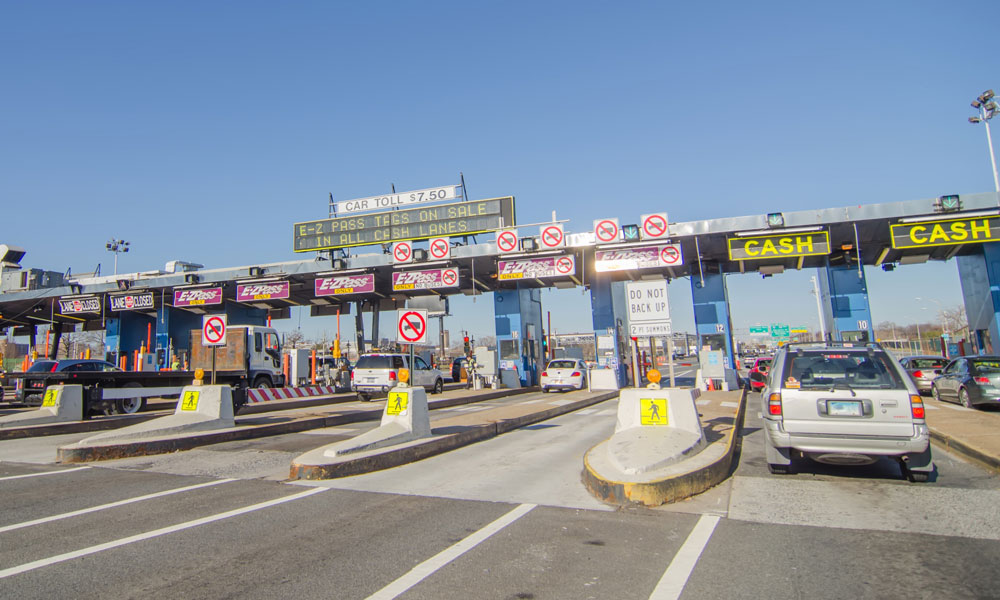
Tolling Group Pushes Toward Nationwide Interoperability
Ahead of a federally mandated deadline, the International Bridge, Tunnel and Turnpike Association is driving a campaign to ensure that tolling transponder devices, such as E-ZPass, work around the country. Currently, the group says, the system is disjointed, at best.
The United States is already plenty connected, but a key tolling-industry group wants to ensure that drivers don’t face tolling hiccups up along the way.
The International Bridge, Tunnel and Turnpike Association (IBTTA), which represents 60 tolling agencies in the U.S., as well as others internationally, wants to make it easier for Americans to be able to travel from one state to another.
According to IBTTA, although 35 states and territories have at least one tolled highway, bridge, or tunnel, the electric transponders that most tolling stations use often aren’t compatible with transponders in other states, so travelers from out of state are stuck paying cash or purchasing an additional transponder.
In 2012, Congress passed the Moving Ahead for Progress in the 21st Century Act (MAP21), which requires that tolling agencies agree on a single system by October of 2016. IBTTA is leading the effort to connect them all.
Inoperable to Interoperable
Tolling is a multibillion-dollar industry for states, but it’s traditionally been complicated and disconnected.
In the last decade, electronic toll collection (ETC) from transponders, such as E-ZPass and SunPass, has grown.
E-ZPass, the most popular firm, represents 27 toll agencies in 16 states. Other systems, such as the state of Washington’s Good to Go and California’s FasTrak, have certain technical advantages but are less common.
The tolling systems in various states are not connected today, because some states have restrictions and limitations on which states can have access, making easy electronic transponder travel impossible.
For example, Florida’s transponders are currently only interoperable with those in Georgia or North Carolina, and Kansas transponders can be used for travel through Oklahoma, but not other states. (Each, however, is working with other states to improve the situation.) You can imagine drivers’ frustration.
On Deadline
With the deadline less than a year away, IBTTA is working overtime to get agencies to address the issue.
“The next 10 months are going to be very busy. We are going to be engaged in performance testing,” Patrick Jones, IBTTA’s executive director, told KING 5 News. “So it’s a lot of work, a lot of nitty gritty work.”
That “nitty gritty work” includes tech upgrades, deployment of new tags on transponders, and more.
Among the specifics: IBTTA is helping to formulate a national toll tag that every state will accept, while allowing tolling agencies to offer alternatives, even as they tie into the broader national system.
That may be a tall order, the association admits.
“So it won’t be like on October 2016 we flip a switch and everybody is happy,” Jones added. “It’s going to take several years. It’s a process of transition.”
Editor’s note: This article has been corrected to clarify which states toll transponders work within.
A tollbooth on Interstate 95 near New York City. (iStock Editorial/Thinkstock)






Comments